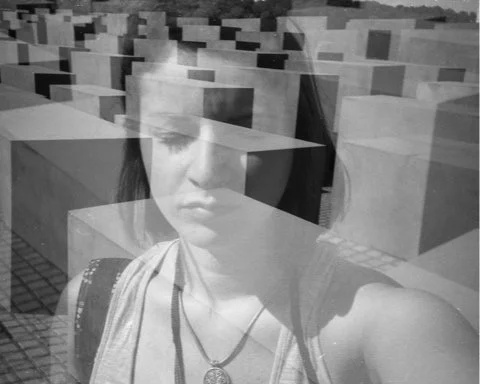The brain is the master command center that controls your body’s ability to function, how you behave, how you communicate, and your thoughts and memories. As complex as the brain is, your memory processing is also equally complex.
Some memories are joyful, and your brain keeps those at the forefront to reminisce about. Others may be classified as neutral or bad, processed, or stored away.
When you experience trauma, those memories are more problematic for your brain to effectively manage on its own.
What are repressed memories?
Experiencing trauma can place you in a negative mindset and physical space. Any memory of that trauma can be unpleasant at best, sometimes even haunting.
The last thing anyone who lives through a traumatic experience wants to do is carry that with them. One common defense mechanism for getting by daily is repressing or dissociating from those memories. When you repress memories, you’re essentially blocking them out or pushing them away from your conscious awareness.
So why repress them? By attempting to forget traumatic memories, many people believe they are doing themselves a favor. Sometimes, the brain does this naturally, without conscious thought, to protect you.
What causes repressed memories?
Usually, traumas experienced during childhood are the most common cause of repressed memories. This often comes in the form of abuse, including physical, emotional, sexual, or neglect.
Certain family matters may also be the cause. A family history of mental illness can have an impact on a child. Parental separation, household violence, substance abuse, or familial incarceration can also result in trauma.
Grief and stress are also powerful factors in wanting to block out memories.
What are the signs of repressed trauma?
No matter how well you can repress your memories, they will find a way to work themselves out and interfere in some fashion. Over time, they can increase your likelihood of developing various illnesses and struggles.
Missing Time
Trauma survivors may have difficulty recalling certain amounts of time or events due to blocking them out unconsciously. This is also known as dissociation, or detaching from your emotions, memories, or body.
Rush of Emotion
Even when you suppress a trauma, encounters like sound, smell, or image can still trigger you. You may suddenly and unexpectedly feel a whirlwind of feelings and memories that can lead to panic attacks or a sense of reliving the trauma all over again.
False Memories
Childhood trauma survivors are more likely to experience false memories. After a trauma, trying to forget that it happened or repress it may cause your brain to forget pieces of it. Over time, your brain may try to fill in those gaps with information that hasn’t actually occurred.
Black-and-White Thinking
Another problem that can arise after repressed and unresolved trauma is black-and-white thinking. This distortion leads to rigid thinking and extremes with no middle ground. You tend to see matters as good or bad. Aside from the skewed thought processes, it can also cause mood swings, impulsivity, emotional regulation problems, and erratic behavior.
How Can You Address Repressed Trauma?
Experiencing trauma is a difficult and life-changing experience. Having to live with the memories of that situation may be too much to bear, so your brain takes over and finds a way to protect itself.
With the appropriate treatment, you can find freedom from whatever it is that you’ve endured. You may have to come face-to-face with those memories that you’ve repressed, but healing is on the other side.
Through interventions like EMDR (eye movement desensitization and reprocessing) and Somatic Therapy, any unresolved trauma can be managed.
Understanding what to look for with repressed trauma is a good place to start your healing. If you’d like to learn more about trauma therapy, contact us today for a free consultation.
Related posts on Trauma therapy






